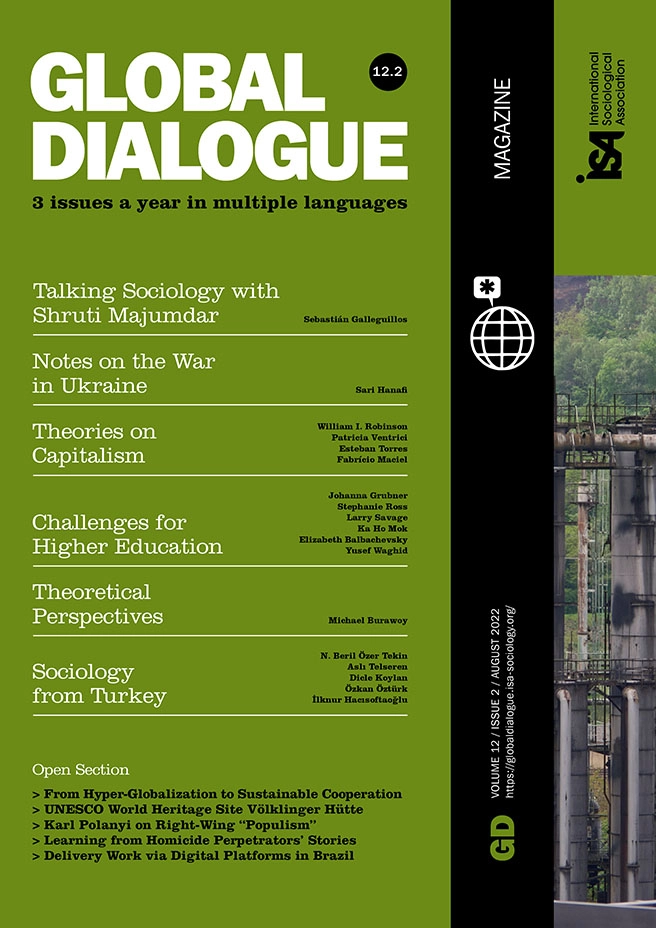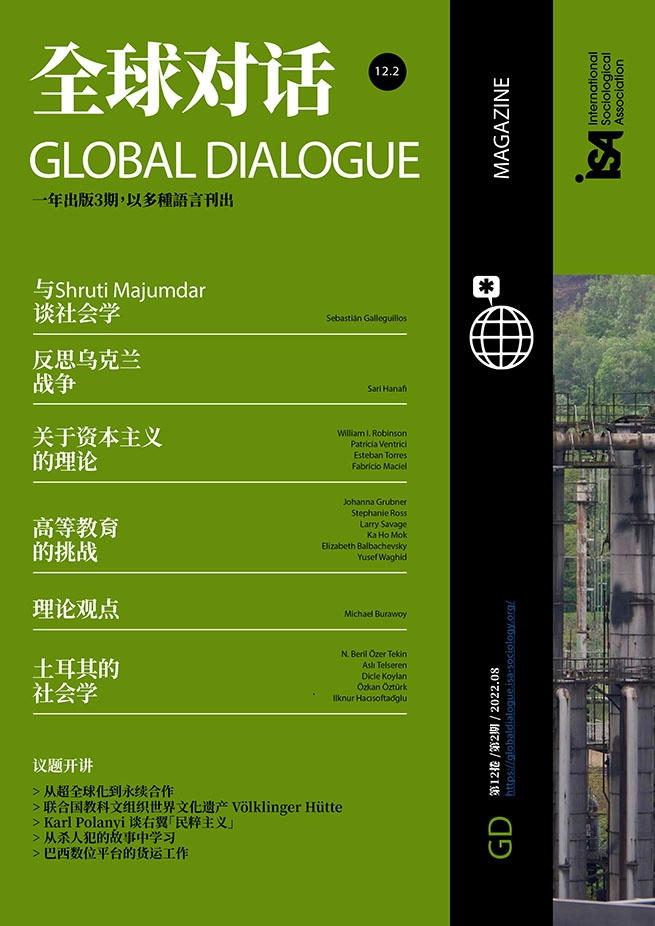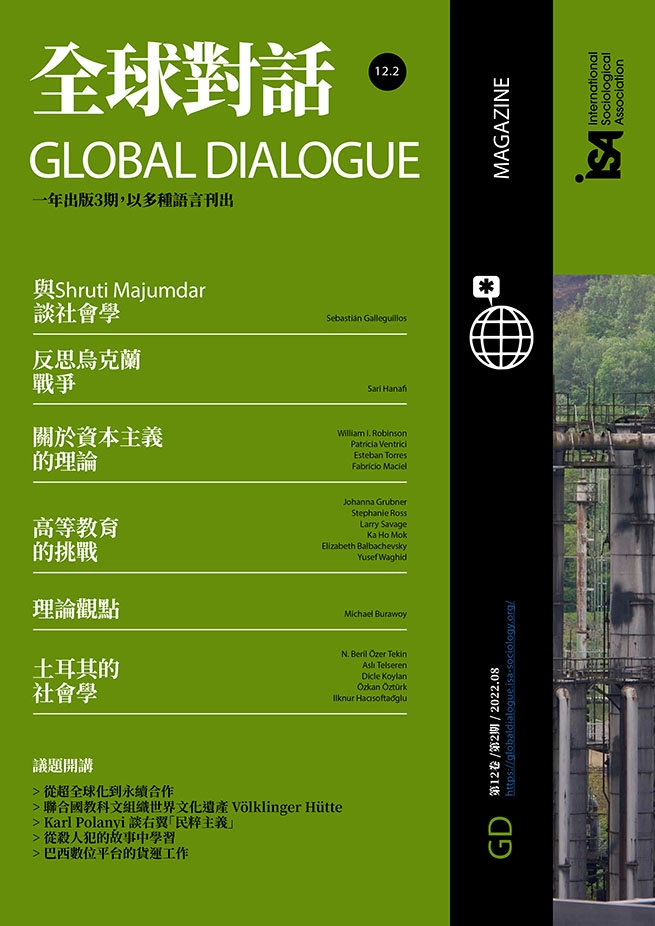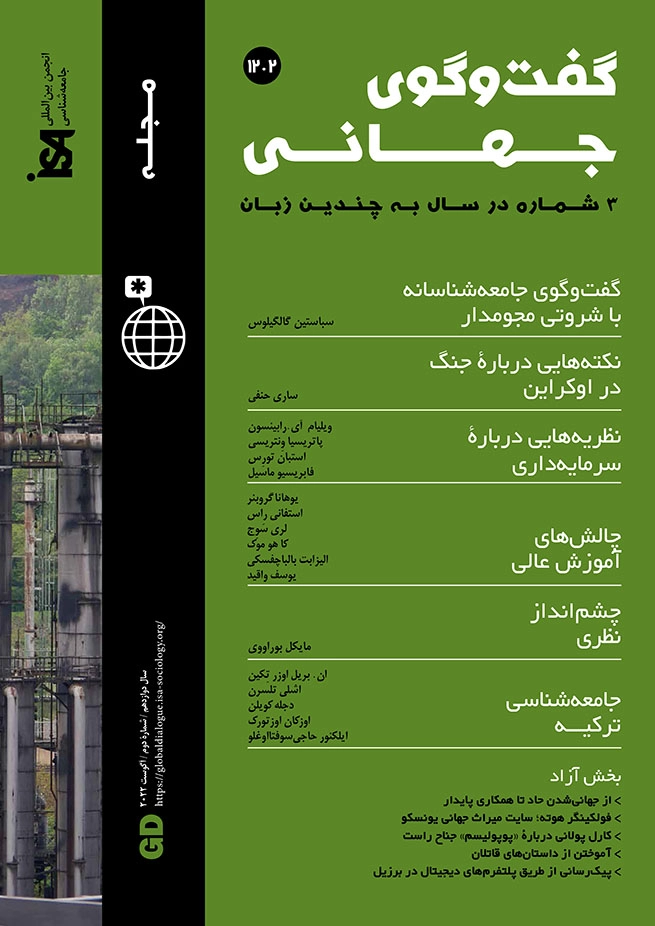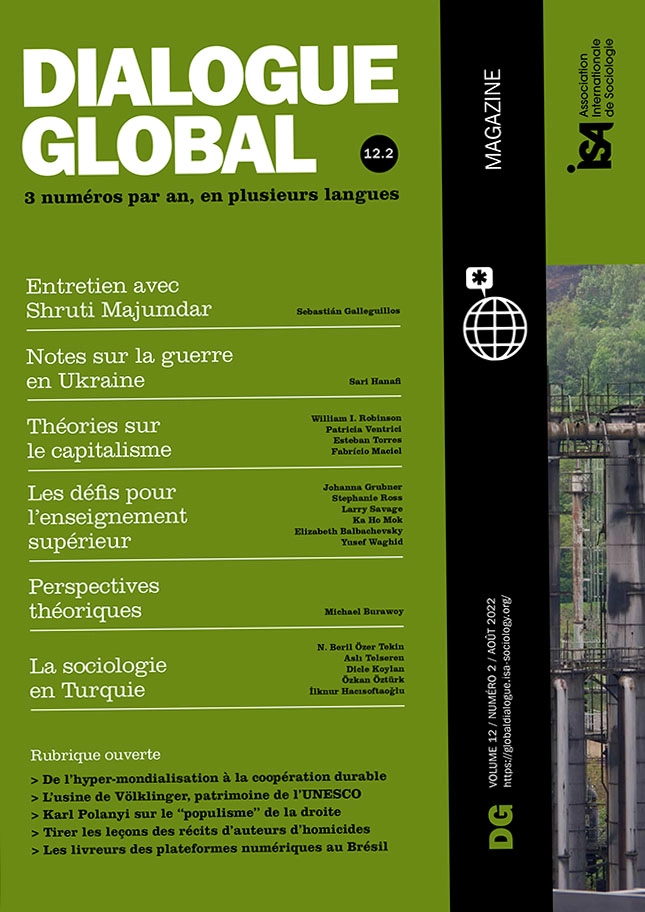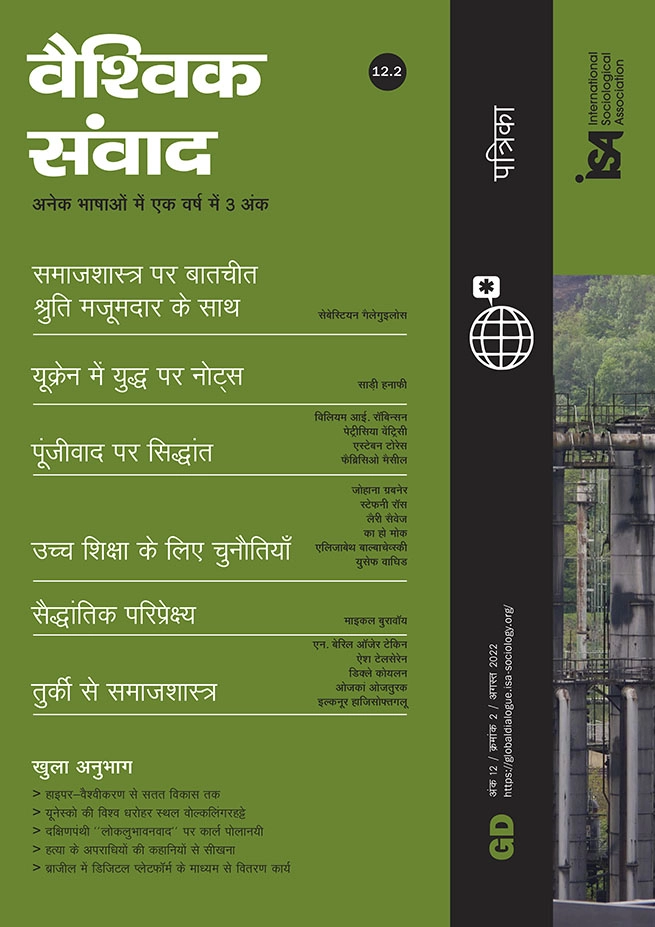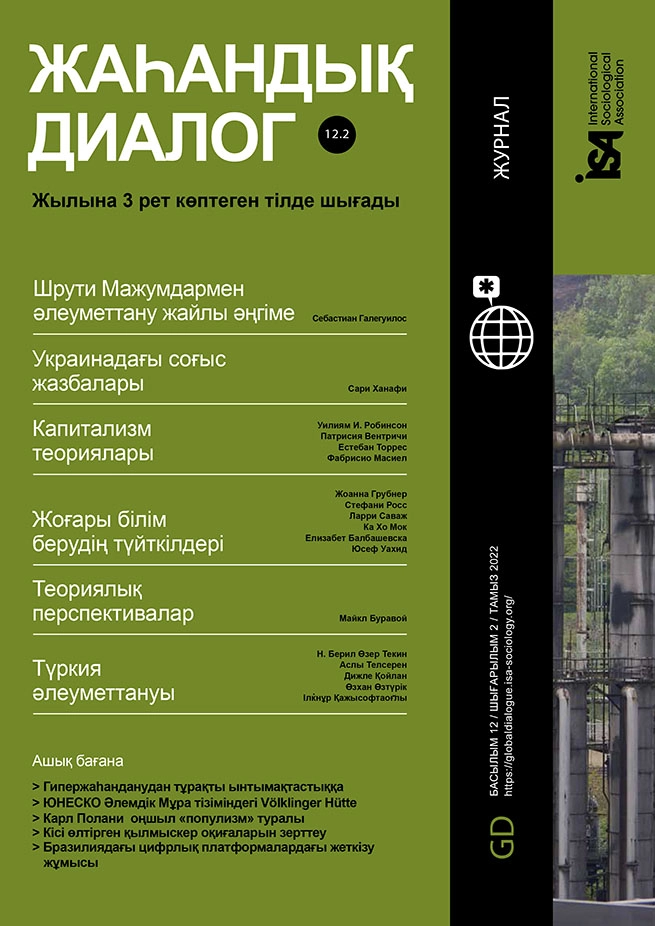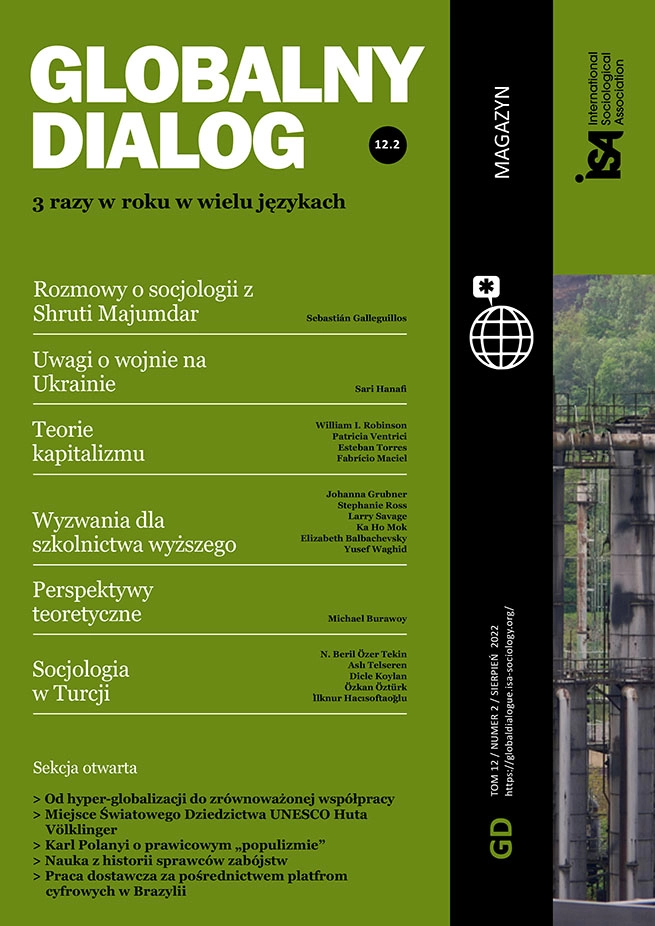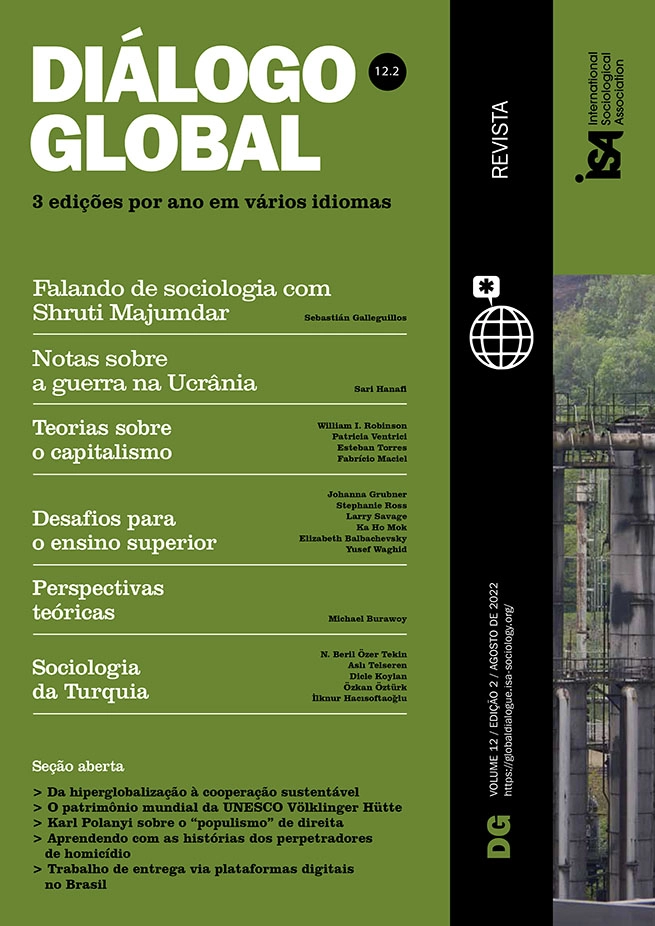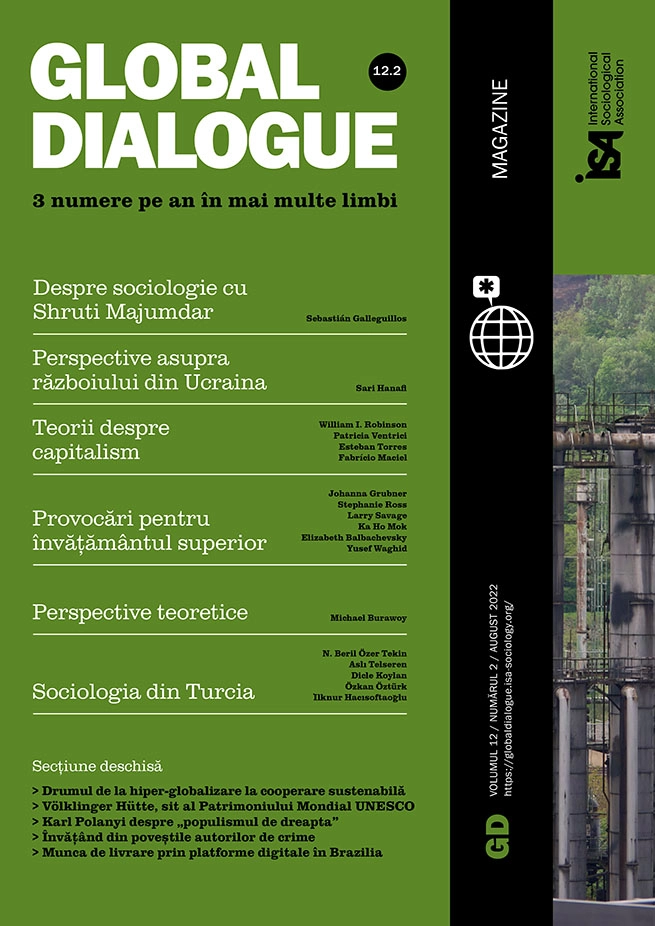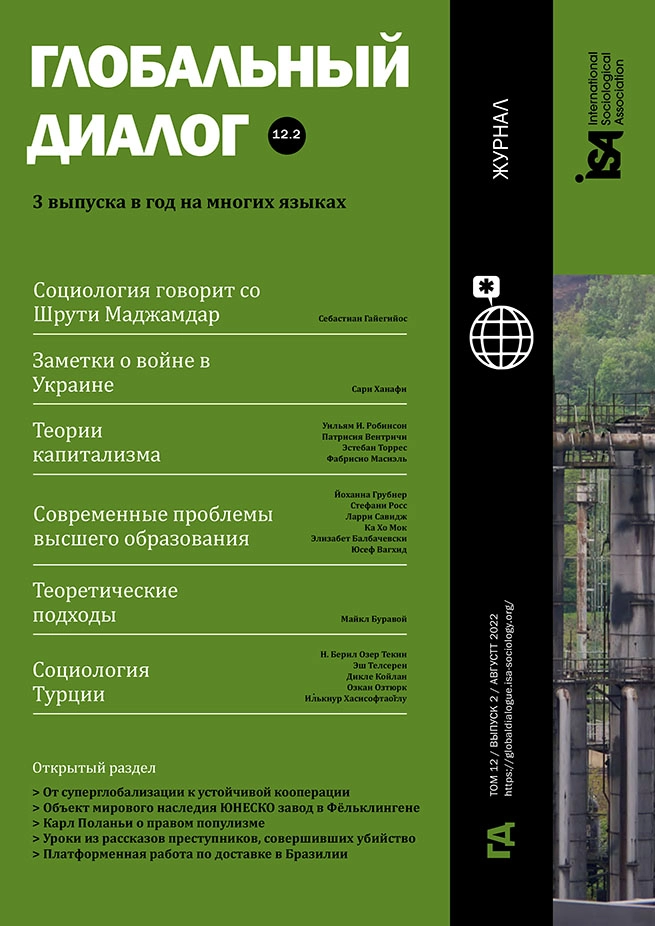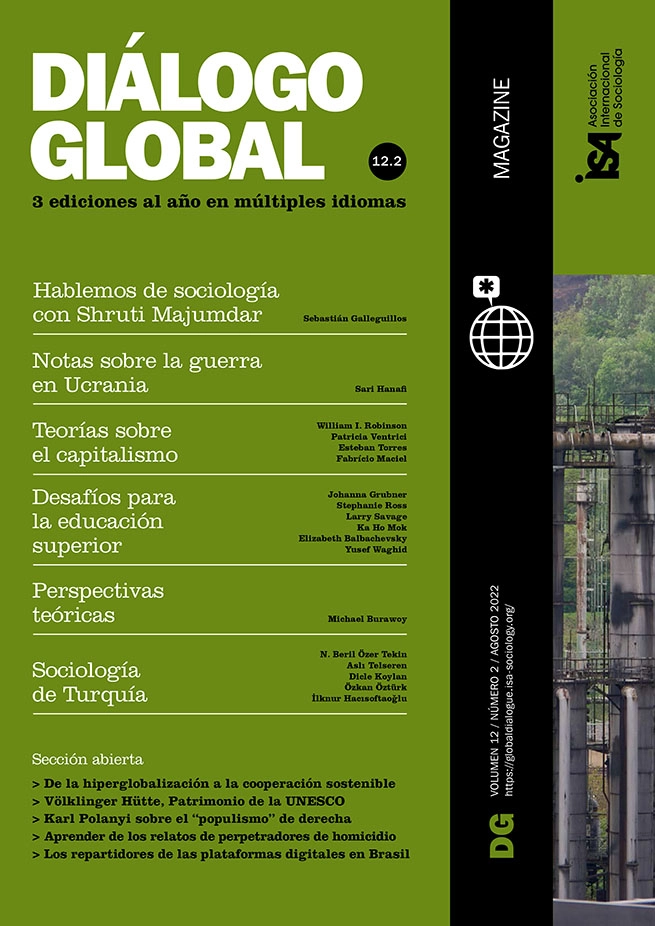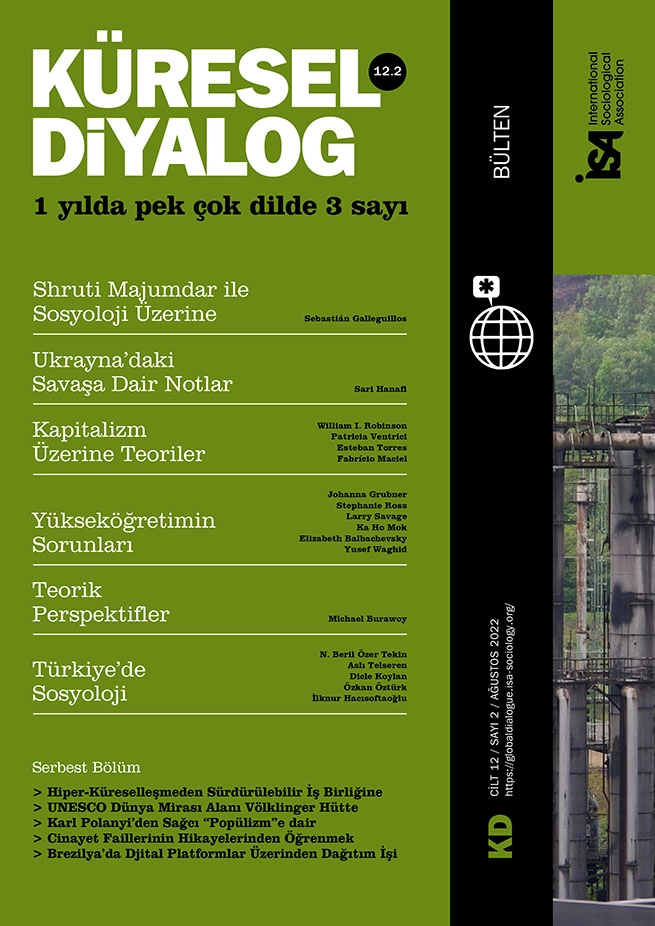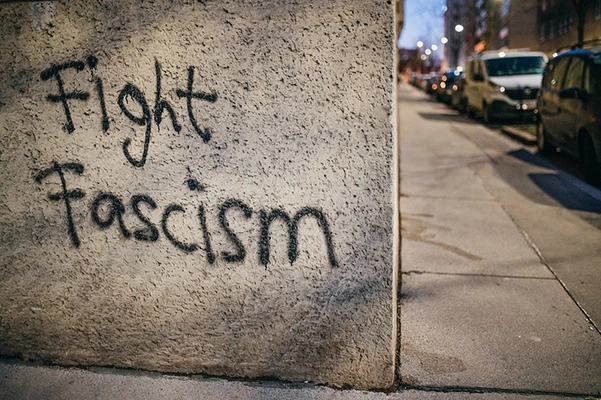The recent rise of radical right-wing politics is often interpreted as a populist social protection movement by those left behind by neoliberal globalization. Social critics criticize progressive politicians and intellectuals who have accepted the market economy in the name of “the third way,” and who have instead focused on identity politics, such as gender and ethnicity, while ignoring social and economic class inequalities. As a solution, they suggest promoting “left-wing populism” as a way to reorient the lower-middle and working classes from radical right-wing rhetoric towards a more open and egalitarian progressive populism.
The motivation for my article (“Look Up Rather Than Down,” Current Sociology, 2021, online first) stems from questioning this idea that the distraught “people” are to blame for the rise of right-wing politics. The identification of radical right-wing politics as populism cannot explain the fact that many upper- and middle-class “elites” also support radical right-wing parties and policies, and that most radical right-wing parties support a neoliberal work ethic. They blame welfare recipients regardless of their nationality. Karl Polanyi’s (1886-1964) writing on fascism during the inter-war period is revealing for understanding the puzzle of radical right-wing politics. As is well known, Polanyi was a critic of the modern capitalistic market economy. He explains the development (and, in his view, collapse) of the modern capitalistic civilization with his idea of the “double movement” – conflicts between the progress of the self-regulating market and counter-movements for social protection. Accordingly, Polanyian scholars often interpret radical right-wing politics as a kind of social protection movement by the masses against the harms of capitalism. However, Polanyi himself viewed fascism as an extreme movement by capitalist elites for protecting the self-regulating market economy.
Karl Polanyi’s double movement and fascism
Polanyi argues that liberal economists and capitalists have attempted to insulate the economy from intervention by the “masses.” The self-regulating market encroaches on the basis of people’s human and social lives through the commodification of labor, land, and money. Those who are deprived of their livelihood and social relationship because of this “fictitious commodification” may well want to protect themselves from this encroachment by the self-regulating market. For those wishing to protect the self-regulating market, the masses’ protective influence on the economy distorts the “natural” functioning of the market, which leads to low productivity and eventually, Malthusian apocalypse.
Historically, capitalists have found a compromise between the protection of the free market and democratic politics. However, steep economic downturn leads to increased pressure from democratic forces and, ultimately, a stalemate between the two sides. This was the situation during the Great Depression in the 1930s. Fascism appeared as an “easy way-out,” saving the capitalistic market economy by destroying democracy and transforming capitalism from an individualistic to a corporatist system that disciplines people to contribute productively for the “common good.” Polanyi reminds us that none of the inter-war fascist leaders, even Hitler, gained political power without the support of political and economic elites.
Of course, fascism in the 1930s is not identical to the current political situation. A frequently pointed-out difference is that current radical right-wing politicians often openly embrace democratic institutions. However, it should be noted that radical right-wing politics in new democracies often cause their democracy to degenerate into “illiberal democracies” or even “electoral dictatorships.” Moreover, the political unrest after the recent US presidential election shows that even the election, a fundamental democratic institution, may be challenged in a seemingly stable democracy.
Polanyi’s fascism and current right-wing politics
As the title of my article suggests, Polanyi tells us to “look up” rather than down in diagnosing the empowerment of radical right-wing politics. To prevent the victory of radical right-wing politics, we need to divide the upper and middle classes, at least as much as to unite the lower and lower-middle classes. In this way, we can prevent the concentration of resources and information that capitalist elites can mobilize for frustrating social protection policies promoted by progressive governments, which, in the inter-war period, worsened the deadlock between democracy and capitalism and tilled the ground for a fascist solution.
How can we divide the upper- and middle-class elites? In a sense, realignment along identity politics have blurred the link between social class and party ideologies. This realignment divides members of the upper and middle classes, drawing many of them to the progressive side. Of course, as in Nancy Fraser’s critical term “progressive neoliberals,” there is the danger of ignoring class conflicts and economic inequality. However, it should not be overlooked that issues of identity politics have aligned many upper- and middle-class members with progressive parties.
Another possible way to divide elites can be found in universalistic social policies. Thomas Piketty famously showed that grave asset inequality surpasses income inequality. Many young professionals who are income-rich but asset-poor may want to be insured against future income losses as well as against the possible decrease in the value of their professionalism due to technological and industrial transformations. Progressive parties could promote universalistic welfare policies, which benefit not only the lower classes but also upper-middle class professionals. In particular, an earnings-related social insurance scheme combined with a flat-rate egalitarian redistributive system is likely to appeal to those high-income and low-asset professionals.
Conclusion
Interpreting right-wing politics as a “populist” social protection movement makes us “look down,” dumping responsibility for such politics on the victims of neoliberal globalization. Polanyi’s diagnosis of fascism pushes us to “look up” to capitalist elites, without whose provision of resources and information, radical right-wing politicians could hardly grab political power. Polanyi reminds us that, for all their populist rhetoric, radical right-wing politicians have been supportive of the market economy. If we accept Polanyi’s diagnosis of the political empowerment of fascism as the attempt of elites to protect the self-regulating market, we should consider how to divide capitalist elites as much as how to promote unity among the lower classes.
Lim Sang Hun, Kyung Hee University, South Korea <limsanghun@khu.ac.kr>




